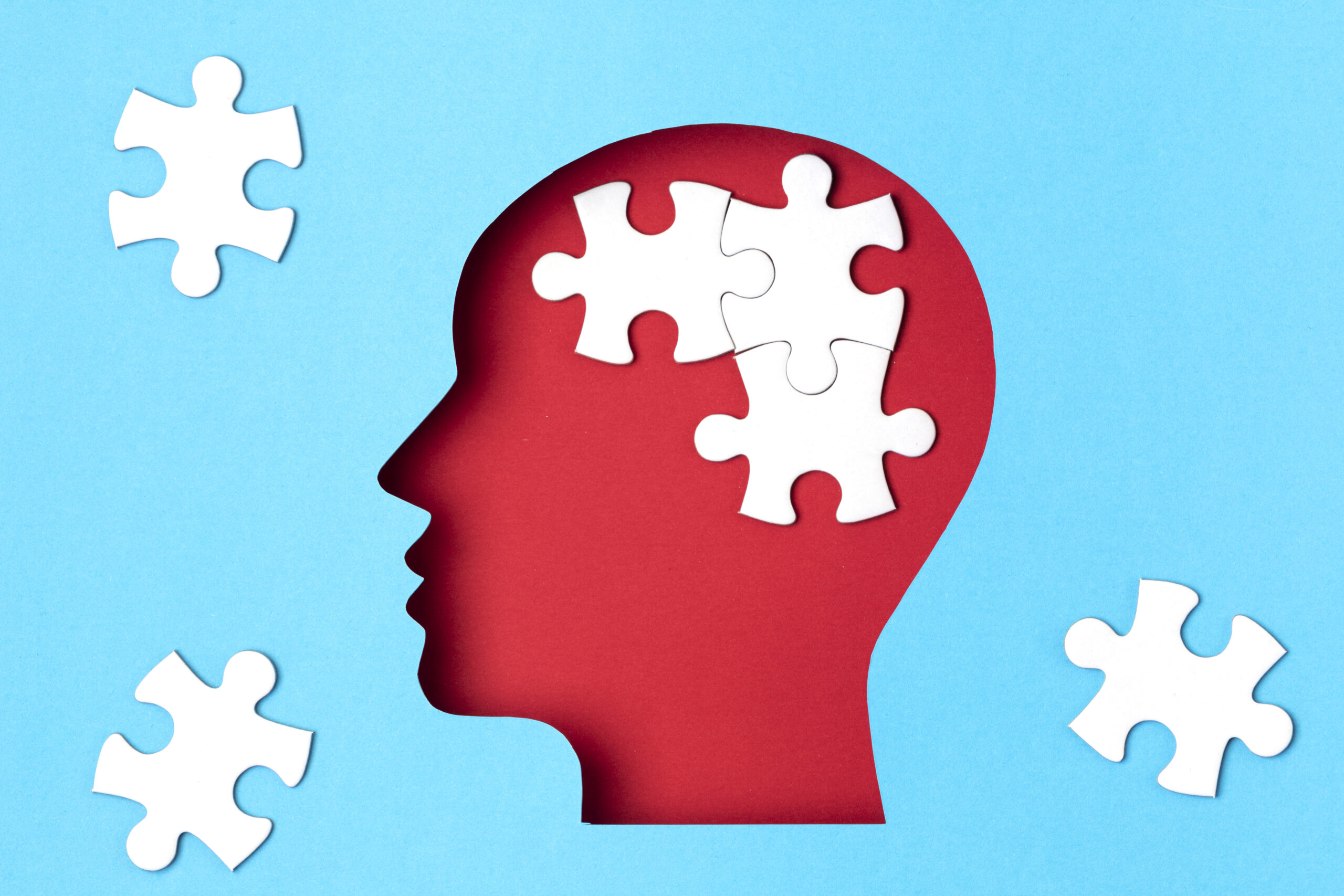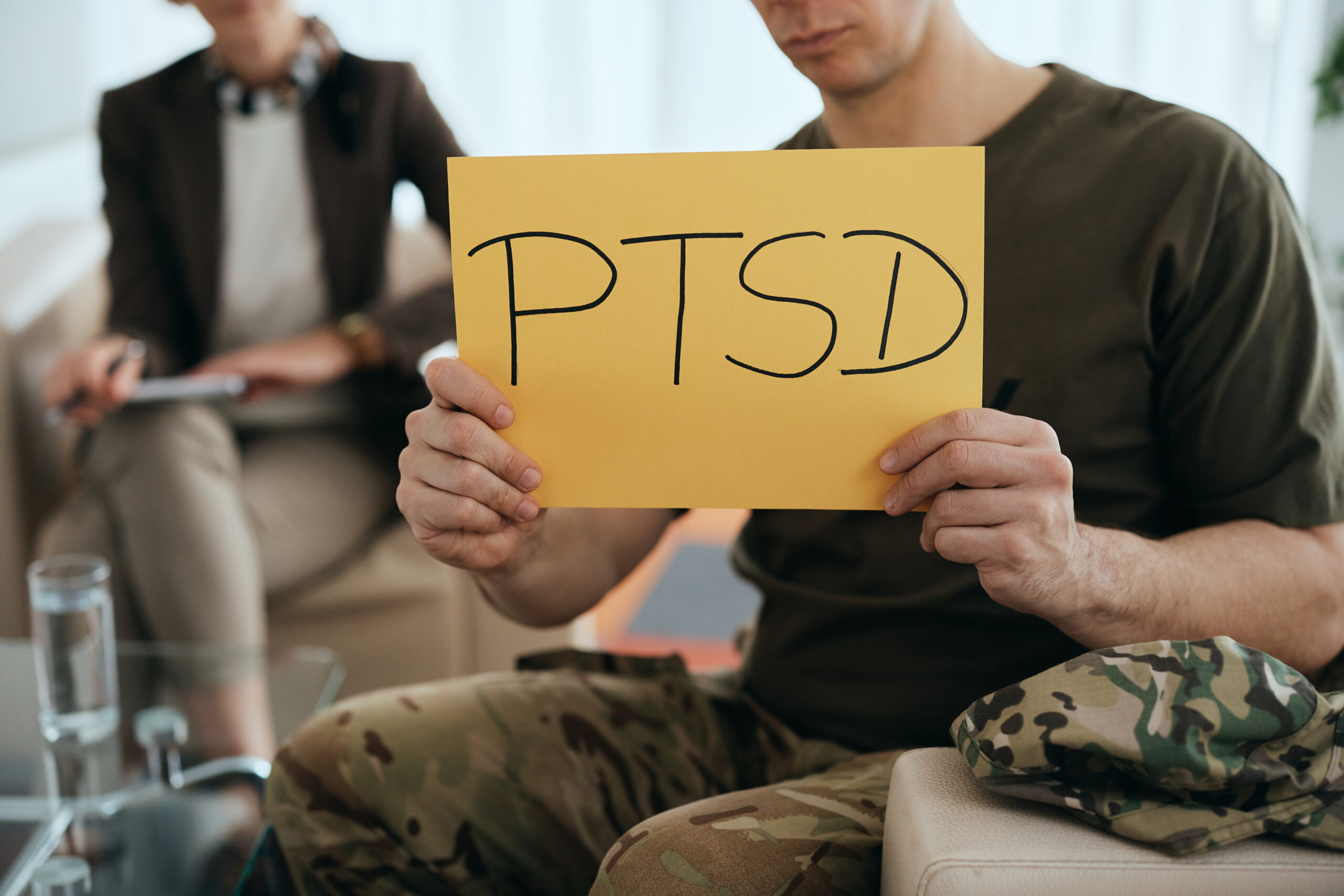If you are experiencing post-traumatic stress disorder (PTSD), you might feel uneasy about certain memories…

4 Ways Trauma Can Affect Self-Worth
Trauma and low self-esteem often go hand in hand, particularly in relation to adverse experiences like abuse. The impact of traumatic events can distort a person’s self-perception, emotional regulation, and interpersonal relationships. Here are some common deficits resulting from trauma:
- Emotional and Psychological Dependency:
- Neglectful or narcissistic environments may lead to adults seeking external validation due to a lack of self-worth.
- Dependency on others may hinder independence and basic life skills.
- Borderline Adaptations:
- Borderline personality disorder (BPD) can develop from childhood trauma, affecting self-worth and emotional regulation.
- Unstable relationships and self-image issues are common traits.
- Loneliness:
- Emotional dysregulation from trauma can cause anger and difficulty forming close relationships, leading to loneliness.
- Identity issues and attachment trauma can intensify feelings of being misunderstood and alone.
- Depression and Anxiety:
- Trauma survivors may struggle with anxiety and depression, impacting self-worth and social interactions.
- Fear of rejection and abandonment can trigger anxiety, while isolation can worsen depression.
To combat the effects of trauma and nurture self-worth:
- Seek therapy with a trauma specialist to address past experiences and set healthy goals.
- Practice self-care consistently to rebuild self-esteem and establish emotional boundaries for a sense of safety and empowerment.



